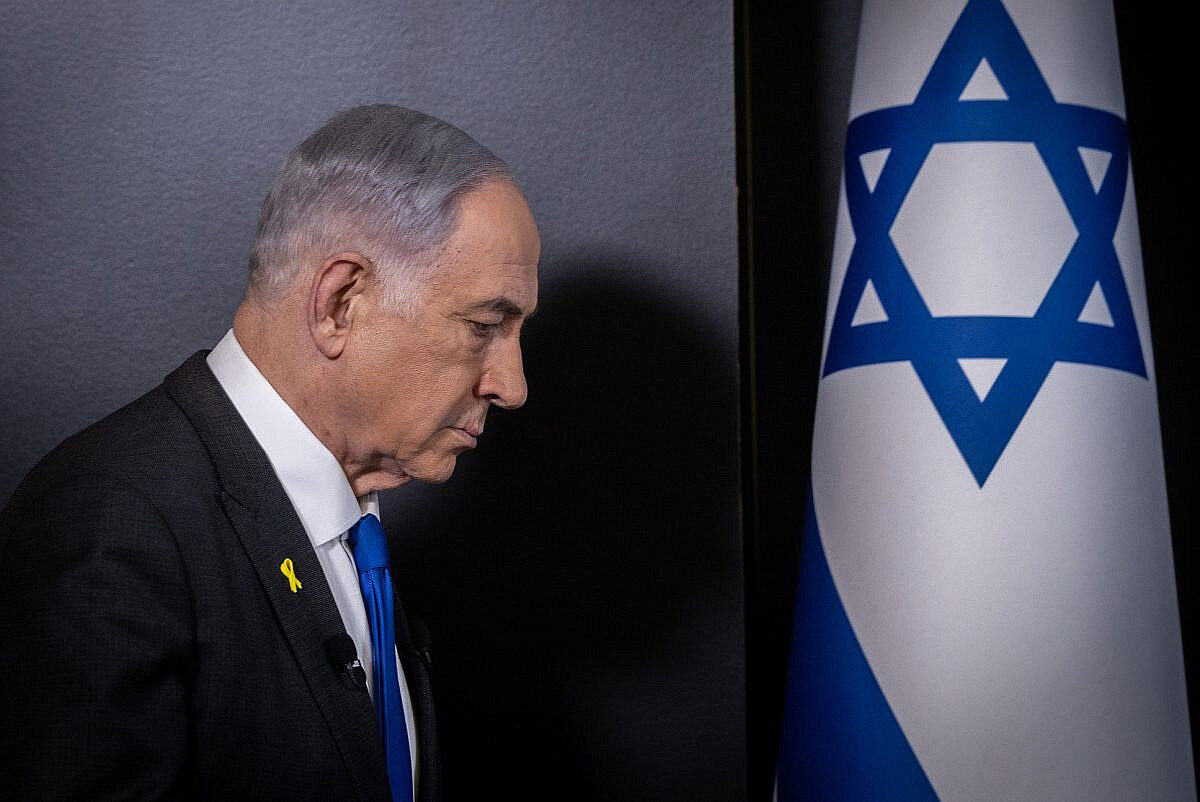Israel’s forced retreat marketed as ‘victory’
When ‘winning’ becomes losing ground — legally, diplomatically, and morally

TEHRAN – “Israel has won all they can by force of arms. You’ve won. I mean, you’ve won.”
When Donald Trump said those words in the Knesset on October 8, the room filled with the performative applause of a society trying to believe what it knew was false. The faces behind the clapping told a different story — exhaustion, disbelief, even dread.
The line — “You’ve won” — was meant to project closure. Instead, it sounded like denial.
But has Israel won — militarily, politically, or morally? It has been forced to wear the mask of victory, but the reality on the ground and in the halls of power tells a very different story.
Undeniably, Israel has unleashed devastation on Gaza — infrastructure flattened, hospitals destroyed, hundreds of thousands displaced, over 68,000 killed, including at least 20,000 children — yet the ultimate objective pursued by many in power, the near-total erasure of Gaza as a political and social entity, has not been achieved.
The Palestinian population persists, Hamas retains access to arms and influence, and governance networks continue to function. Genocidal destruction is not victory; it is evidence of a campaign that is incomplete, morally hollow, and politically unstable.
The ceasefire, imposed under overwhelming international pressure, failed to secure Israel’s intended end state.
Massive displacement, collapsed infrastructure, and famine conditions have not dismantled Hamas, nor have they eradicated clan networks or tunnel systems. The military campaign, despite its destruction, has not accomplished the political aim of a Gaza emptied and pacified. What remains is a devastated enclave, a resilient population, and a Hamas whose armed and political presence endures — the precise opposite of the “victory” proclaimed in that chamber.
Domestically, the consequences are corrosive. Netanyahu’s coalition, held together by extremist ambition and political arithmetic, is under stress.
Far-right partners howl at what they perceive as concessions, ultra-Orthodox parties threaten to defect over draft and social agreements, and polls indicate growing public demand for elections and accountability.
The economy has shuddered under market volatility, and aid agencies have paused operations amid bureaucratic delays. The narrative of military success is now juxtaposed against legal and political fragility.
Internationally, the pressure is even more acute. The International Criminal Court’s arrest warrants for Netanyahu and Yoav Gallant, coupled with the UN Commission’s genocide findings, place Israel under unprecedented legal scrutiny.
This is beyond symbolic; it constrains diplomacy, risks intelligence partnerships, and forces allies to condition cooperation.
The so-called normalization project with Islamic countries has lost momentum, and any state that pursues it will do so with Gaza’s devastation on its shoulders.
A wave of European governments — including France, the UK, Belgium, and others — have formally recognized Palestine at the UN and in bilateral arenas, and among Western youth, Israel’s image has shifted from embattled security actor to global pariah.
The strategic paradox of Netanyahu’s doctrine is clear: the more force he wielded to secure his authority, the more he deepened its fragility.
Each bombing campaign triggered legal and ethical repercussions; each military “success” deepened diplomatic isolation. A policy designed to ensure survival has instead incubated the conditions for political, legal, and moral reckoning.
With the guns now temporarily silent, and despite repeated Israeli violations of the October ceasefire, the truce stands not as a triumph, but as an opening to Netanyahu’s reckoning.
Domestic outrage over October 7’s failures is mounting, protests are swelling beyond past judicial unrest, and ICC and ICJ scrutiny ensures the war’s consequences will persist long after the guns fall silent.
Diplomatically isolated and politically cornered, Netanyahu’s so-called victory has produced destruction without control, leaving a fractured regime, a Hamas that continues to endure, and a legacy defined by moral and institutional erosion.
History is unlikely to recall this as strength, but as a leadership undone by the very power it wielded to preserve itself.
Leave a Comment